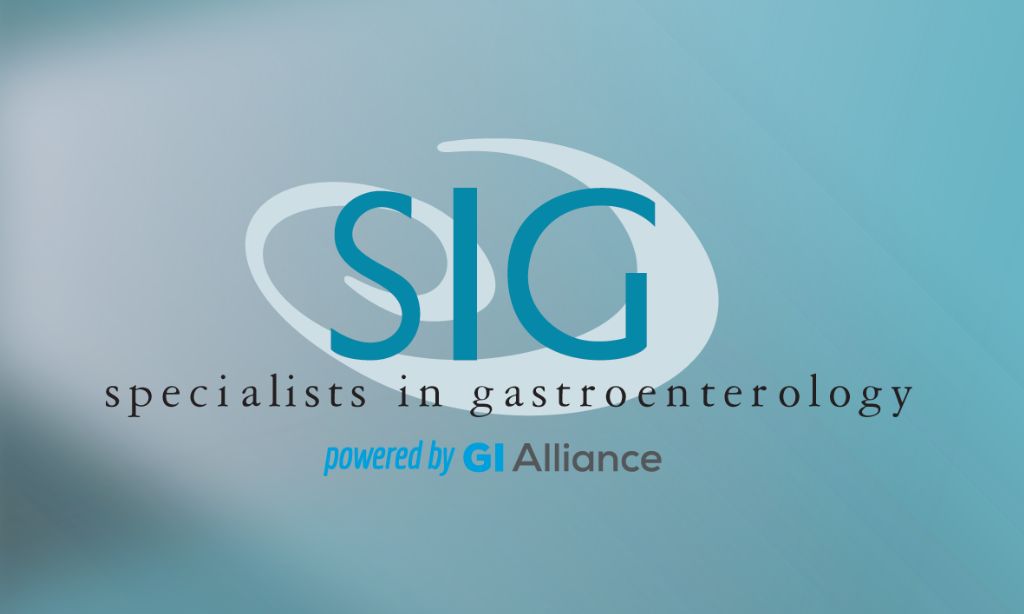Request an Appointment
Your Trusted Gastroenterology
Experts in St. Louis, MO: Specialists in Gastroenterology
Experts in St. Louis, MO:

Personalized, Around-The-Clock Treatment By Board-certified Physicians
Your gastroenterology needs are at the forefront when you choose our team at Specialists in Gastroenterology. We’re a network of skilled and experienced GI professionals who are dedicated to getting you connected with the right resources and treatments. Our team looks forward to becoming a trusted source for your GI needs throughout the St. Louis, MO area. Improve your digestive health today and schedule an appointment.
OUR SERVICES
Anorectal Manometry
Capsule Endoscopy
Chronic Care Management
Colon Cancer Screening
Colonoscopy
CT Scan or CAT Scan – Computed Tomography
Endoscopic Mucosal Resection
Endoscopic Retrograde Cholangiopancreatography
Endoscopic Ultrasound
Enteroscopy
Esophageal Dilation
Esophageal Manometry (Motility Study)
Esophagogastroduodenoscopy (EGD)
Feeding Tube Insertion (PEG)
FibroScan®
Flexible Sigmoidoscopy
Hemorrhoid Banding
Infusion Therapy (IV Infusion)
Virtual Telemedicine
Services
Anorectal Manometry
Capsule Endoscopy
Chronic Care Management
Colon Cancer Screening
Colonoscopy
CT Scan or CAT Scan – Computed Tomography
Endoscopic Mucosal Resection
Endoscopic Retrograde Cholangiopancreatography
Endoscopic Ultrasound
Enteroscopy
Esophageal Dilation
Esophageal Manometry (Motility Study)
Esophagogastroduodenoscopy (EGD)
Feeding Tube Insertion (PEG)
FibroScan®
Flexible Sigmoidoscopy
Hemorrhoid Banding
Infusion Therapy (IV Infusion)
Virtual Telemedicine
LATEST RESOURCES

Primary Biliary Cholangitis (PBC) in St. Louis, MO
What is PBC (primary biliary cholangitis)? Primary biliary cholangitis (PBC), once known as primary biliary cirrhosis, is a rare chronic liver condition. PBC is a degenerative immune system condition that steadily damages the bile ducts (called the intrahepatic bile ducts) in your liver. Bile helps digest fats and transports away bad cholesterol, impurities, and bilirubin.
Read More
